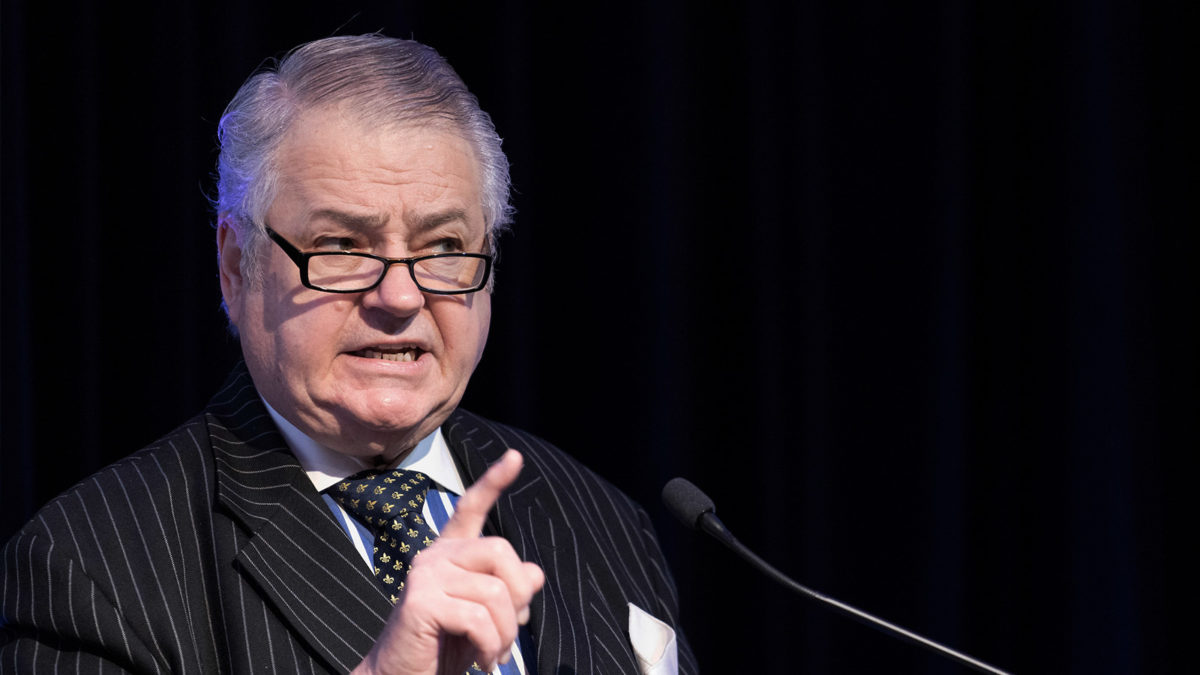Think the unthinkable at the end of the WEIRD world
It was baseball-playing philosopher Yogi Berra who said “making predictions is hard, especially about the future”. The last two years have shown us the pitfalls of prediction. Nobody but a few epidemiologists imagined the Covid crisis, and nobody imagined that its impact on economies wouldn’t be quite as bad as first feared – laying the groundwork for the burgeoning inflationary crisis we’re experiencing today. A fog of uncertainty occluded everything, and world governments and central banks moved through it in the wrong direction.
But the problems with prophecy extend back much further than that (and of course, beyond these next examples). In 1992, Francis Fukuyama declared the end of history and the “universalization of Western liberal democracy as the final form of human government.” In 2005, Thomas Friedman wrote that globalization had effectively made the world “flat”, more conducive to the free flow of goods and services as new technologies empowered businesses and states and tariffs were discarded.
Both of these predictions held for a time, before being thrown out in AD 2020-22, when Covid made the world round again – deglobalisation – and the authoritarianism of the Russian and Chinese governments put paid to the idea that they held liberal principals in the same regard as the rest of the world. The WEIRD (Western, Educated, Industrialised, Rich, and Democratic) world is over, and what will replace it is anybody’s guess.
Super funds are also in the prediction game. Their long-term investment horizons necessitate casting a discerning eye over emerging trends in demographics and technology, though that same horizon means they don’t usually have to sweat the small stuff (Your Future, Your Super notwithstanding). But like everybody else, they’re worried that the predictive powers are starting to break down.
When asked at the start of Tuesday’s (June 14) AIST Superannuation Investment (ASI) conference, what the next big risk was, 35 per cent of respondents answered “recession”, for obvious reasons; 16 per cent answered stagflation; 14 per cent went with China; 11 per cent were fretting about WWIII. But nearly another quarter answered “black swan.” It seems that nobody really knows where the next crisis will emerge from.
But Keith Suter, managing director of think tank Global Directions and holder of doctorates in topics as varied as guerilla warfare and the social and economic impacts of the international arms race, presented attendees with several ideas for surviving the “new world disorder.”
First: just because a course of action seems mad (or is mad) doesn’t mean it won’t be taken. Second: what’s mad to one group isn’t mad to another (invading Taiwan looks like a horrible idea due to the economic ramifications for China of semiconductor supply constraints. If it achieves his vision of a unified China, does Xi Jinping care?). But while you can’t necessarily predict the future, you can have contingency plans for what the world throws at you.
Suter says there are three ways of thinking about the future: prediction (no longer feasible); having a preferred vision towards which you work; or possibilities – “not what is being currently predicted, or what you would like to see, but what could happen.” Suter believes it’s time to think about the unthinkable.
After all, nobody made any plans for peace with the Soviet Union. Nixon and Regan’s nuclear cold warriors were so gung-ho about turning the country into a glass parking lot that they didn’t – or couldn’t – imagine things might not end that way. Accordingly, they didn’t make any plans for what might happen if they didn’t. But Russia was for years on the brink of collapse. When it finally did, nobody was really prepared for it. It was in part the chaos of that collapse that gave rise to Putin, a new rogue emerging from the rubble of the empire. The Americans “were unwilling to think about the unthinkable.”
“Always think about the unthinkable, or you will be blindsided by the changes that are emerging,” Suter said on Tuesday (June 14). “Who knows where we’ll be in five years’ time?”
The message was hammered home by contemporaneous events. The ASX fell an awesome five per cent at open on Tuesday, the largest single day fall since May 2020. It’s unlikely that the gathered attendees ever thought that markets would be repeating those gut-wrenching drops because of the measures designed to prevent them. It seems the fog of uncertainty is creeping back in.










